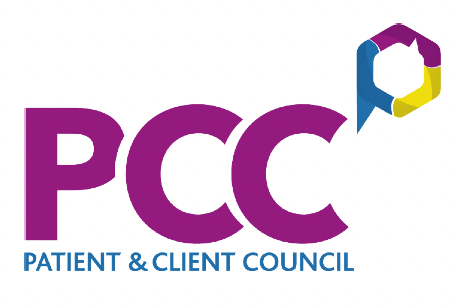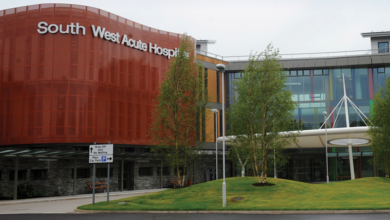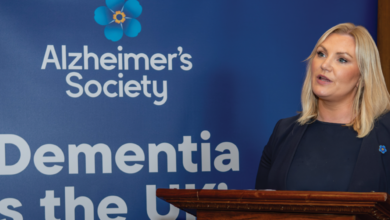Partnering with the public to tackle health inequalities
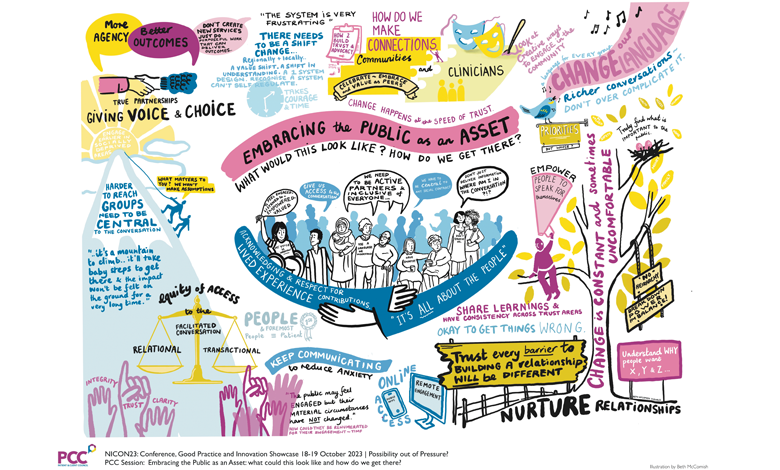
Being able to hear, understand, and strategically address people’s issues is vital to tackling the causes of persistent health inequalities, writes Patient and Client Council (PCC) CEO, Meadhbha Monaghan.
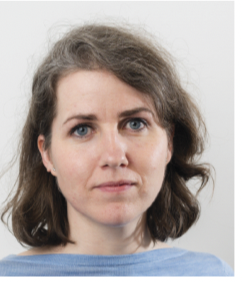 One of Health Minister Mike Nesbitt MLA’s key areas of focus is tackling the persistent health inequalities which exist in Northern Ireland. The draft Programme for Government and the Live Better initiative place a clear and welcome focus on this issue.
One of Health Minister Mike Nesbitt MLA’s key areas of focus is tackling the persistent health inequalities which exist in Northern Ireland. The draft Programme for Government and the Live Better initiative place a clear and welcome focus on this issue.
We know there are numerous social and economic determinants of health inequalities and it is right to recognise that addressing these will require a cross-cutting and cross governmental approach.
A strategic approach to public participation
Through their lived experience, the public know what their needs and those of their communities are, what has worked and what has not. To this end, there is a growing recognition of the need to more effectively involve the public in policy development, public sector reform, and in delivering effective and safe services. This is underpinned by the need to change the nature of the relationship between the public and services, from one of passive recipients to active partnership.
A strategic and cross-governmental approach to public participation, which embraces the public as assets and has the ethos of partnership at its core, has the potential to shift the dial on delivering much needed public sector reform and sustainably tackling health inequalities. With the statutory duty of Involvement that exists across the health and social care (HSC) system, there is the potential for the HSC to lead in this area.
The role of independent advocacy services
Being able to hear, understand, and strategically address people’s issues is vital to shaping services which meet the diverse range of people’s needs and to tackle the causes of persistent health inequalities. People who are facing health inequalities often face difficulties accessing, navigating, and resolving issues about HSC services, which can be extremely complex. They can often go unheard.
The PCC provides independent advocacy support to the public who may have an issue in health and social care. Our focus is on working with HSC organisations to find a resolution to people’s issues.
Advocacy support is not only vital for individuals and families, it is a key part of assurance within the HSC system; it can reduce the potential for compounded harm, build trust in services, enhance potential learning, and address inequality and inequity in complaint and engagement processes.
In an effort to make our services more accessible, over the coming months PCC are working with voluntary and community organisations and others already embedded in local communities, to bring our trained practitioners to different locations across the region. Our aim is to reach members of the public who may not usually access our services. By building relationships with local communities and voluntary and community organisations, we aim to work collaboratively to do our part in helping reduce health inequalities through accessible advocacy support.
The overall landscape of advocacy service provision is, however, fragmented. At the PCC we are making the case for regionally commissioned independent advocacy services. Such an approach would give assurance that the public has consistent access to advocacy support. This, in turn, would help develop a strategic approach to public participation and tackling longstanding health inequalities.
T: 0800 917 0222
E: info@pcc-ni.net
W: www.pcc-ni.net
X: @PatientClient

